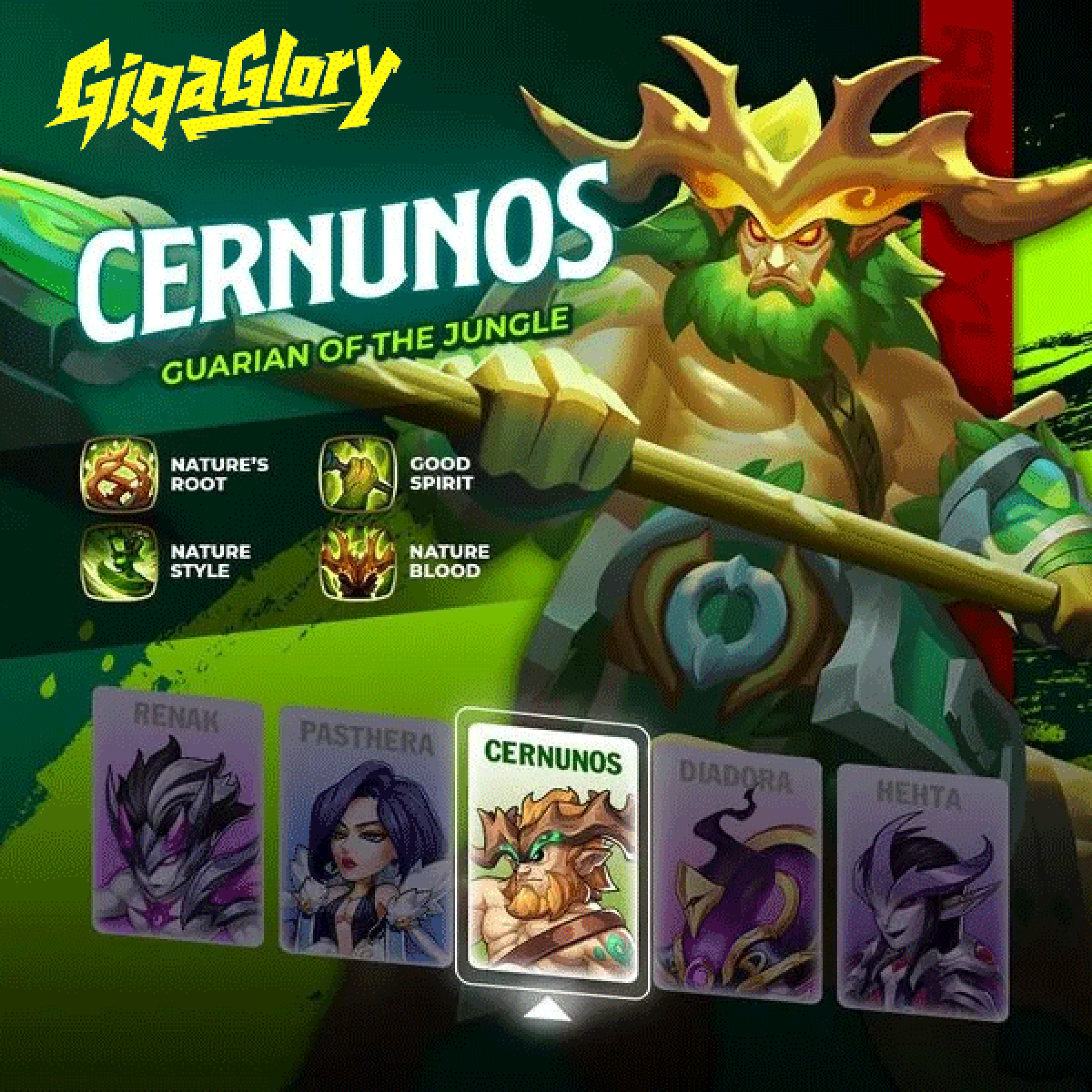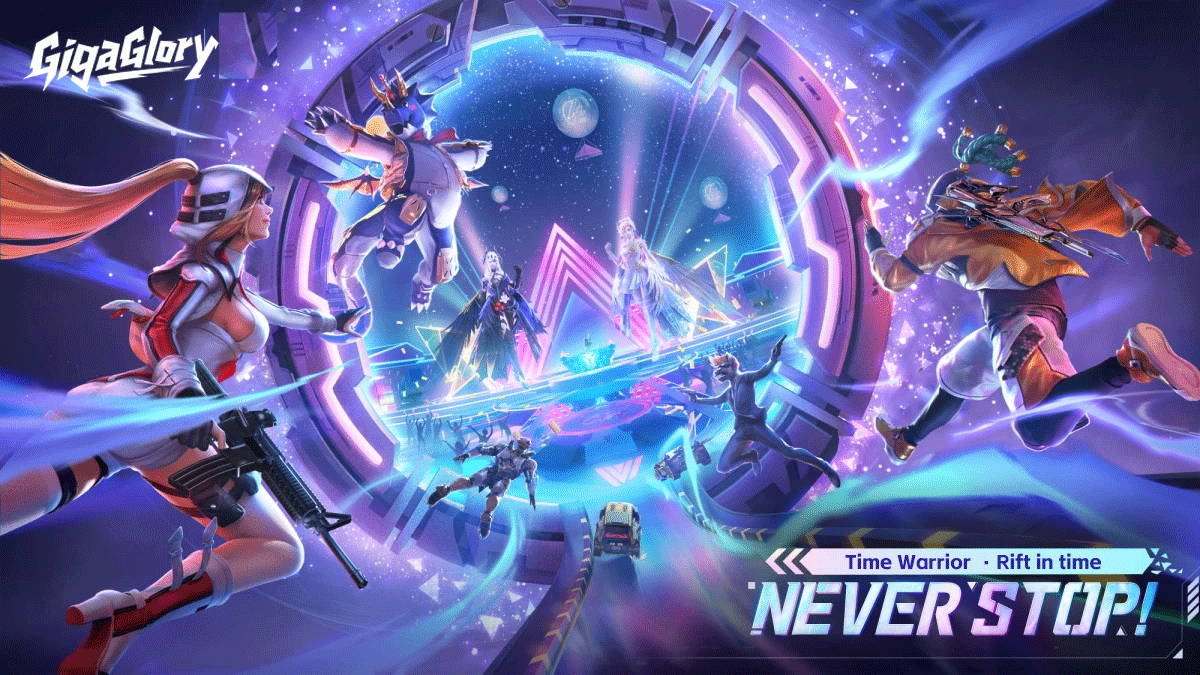Why MMORPGs are Revolutionizing the PC Gaming Experience: A Deep Dive into the Genre's Evolution
The landscape of PC gaming has undergone tremendous changes over the past few decades. Among the most notable developments is the rise of MMORPGs (Massively Multiplayer Online Role-Playing Games), a genre that has not only captured the hearts of millions but has also played a pivotal role in shaping the way we experience gaming today. In this article, we will take a closer look at how MMORPGs have evolved to revolutionize the PC gaming experience and explore various facets of this intriguing genre.
1. The Origins of MMORPGs
Before diving into the impact of MMORPGs on PC gaming, it’s essential to understand where they come from. The roots of this genre can be traced back to early MUDs (Multi-User Dungeons) in the late 1970s and early 1980s. These text-based games allowed multiple players to interact within a shared virtual environment.
2. The Rise of Graphical MMORPGs
As technology progressed, graphical MMORPGs began to emerge, transforming the gaming experience. Titles like Ultima Online (1997) and EverQuest (1999) set the foundation for what MMORPGs would become, offering rich worlds where players could embark on quests, develop characters, and connect with others.
3. The Power of Community
One of the defining features of MMORPGs is the social aspect. Players often form tight-knit communities, and the sense of camaraderie enhances the gaming experience. Players can communicate, trade, and collaborate on in-game objectives, which fosters long-term engagement with the game.
4. Innovative Gameplay Mechanics
Unlike traditional single-player games, MMORPGs provide a unique blend of gameplay mechanics. Skill trees, crafting systems, PvP (Player vs Player) battles, and quests keep players invested. This diversity allows for different play styles, catering to a broad audience.
5. Life Beyond the Game
For many players, MMORPGs become more than just a gaming experience. They facilitate friendships and sometimes even relationships that extend beyond the confines of the virtual world. Players often share their experiences on platforms like Reddit or Discord, forming communities that last beyond the game itself.
6. Addressing Technical Challenges: Match Keeps Crashing
While the experience is generally positive, MMORPGs are not without hurdles. Technical issues can disrupt gameplay, such as the ever-frustrating “match keeps crashing” error in games like Dead by Daylight. Developers are continuously working on solutions to improve stability and enhance the overall experience.
7. Evolving Graphics and Technology
As PC hardware improves, so too do the graphical capabilities of MMORPGs. The stunning visuals, detailed environments, and complex character models offer a more immersive experience. Players are now treated to breathtaking landscapes and intricate designs that elevate the overall gaming experience.
8. The Business Side: Free-to-Play vs. Subscription Models
Another fascinating aspect of MMORPGs is their business models. Games can operate on a subscription basis or as free-to-play (F2P) with microtransactions. This duality has made MMORPGs more accessible to a broader audience while raising questions regarding monetization.
9. The Cultural Impact of MMORPGs
MMORPGs have influenced popular culture, pushing boundaries in storytelling, music, and art. They serve as a canvas for creativity and allow talented individuals to showcase their work, leading to a burgeoning culture surrounding various titles.
10. Globalization of Gaming Experiences
MMORPGs have also driven the globalization of gaming. Players from diverse backgrounds can join together in the same virtual environments, breaking down cultural barriers. This phenomenon fosters understanding and cooperation among players worldwide.
11. Diversification of Genres within MMORPG
The MMORPG genre itself is not monolithic. Several sub-genres have emerged, such as Sandbox MMORPGs, Action MMORPGs, and RPG hybrids. This diversification allows players to find a niche that aligns with what they enjoy most.
12. The Role of Updates and Expansions
MMORPGs thrive on continuous development. Developers release regular updates and expansions, keeping the content fresh and players engaged. This willingness to evolve ensures longevity and loyalty from players.
13. Future Trends: What’s Next for MMORPGs?
Looking into the future, there’s much speculation regarding where MMORPGs will head next. Technologies such as Virtual Reality (VR) and Augmented Reality (AR) promise to further enhance the immersion, creating new possibilities for players.
14. Key Takeaways
- Community Engagement: MMORPGs foster lasting friendships and community.
- Technological Innovations: Evolving graphics heighten immersion.
- Diverse Models: Free-to-play and subscription models cater to different audiences.
- Global Connectivity: Players unite across cultures within virtual realms.
15. Conclusion
MMORPGs have undeniably revolutionized the PC gaming experience, providing a level of interactivity, community, and innovation that was previously unimaginable. They stand as a testament to technology’s potential and the boundless creativity of game developers. As we look forward, the ways in which MMORPGs evolve will continue to shape the gaming landscape.
FAQs
What are MMORPGs?
MMORPGs are Massively Multiplayer Online Role-Playing Games that enable thousands of players to interact in a virtual world.
Why are MMORPGs so popular?
MMORPGs combine social interaction, immersive gameplay, and continuous development, appealing to a wide range of gamers.
What do players do in MMORPGs?
Players can undertake quests, develop characters, engage in PvP battles, and interact with a community.
How do technical issues affect MMORPGs?
Technical issues, like crashes, can disrupt the gaming experience. Developers are consistently working to address these challenges.
What’s the future of MMORPGs?
The future of MMORPGs may include advancements in VR and AR technologies for a deeper immersive experience.



